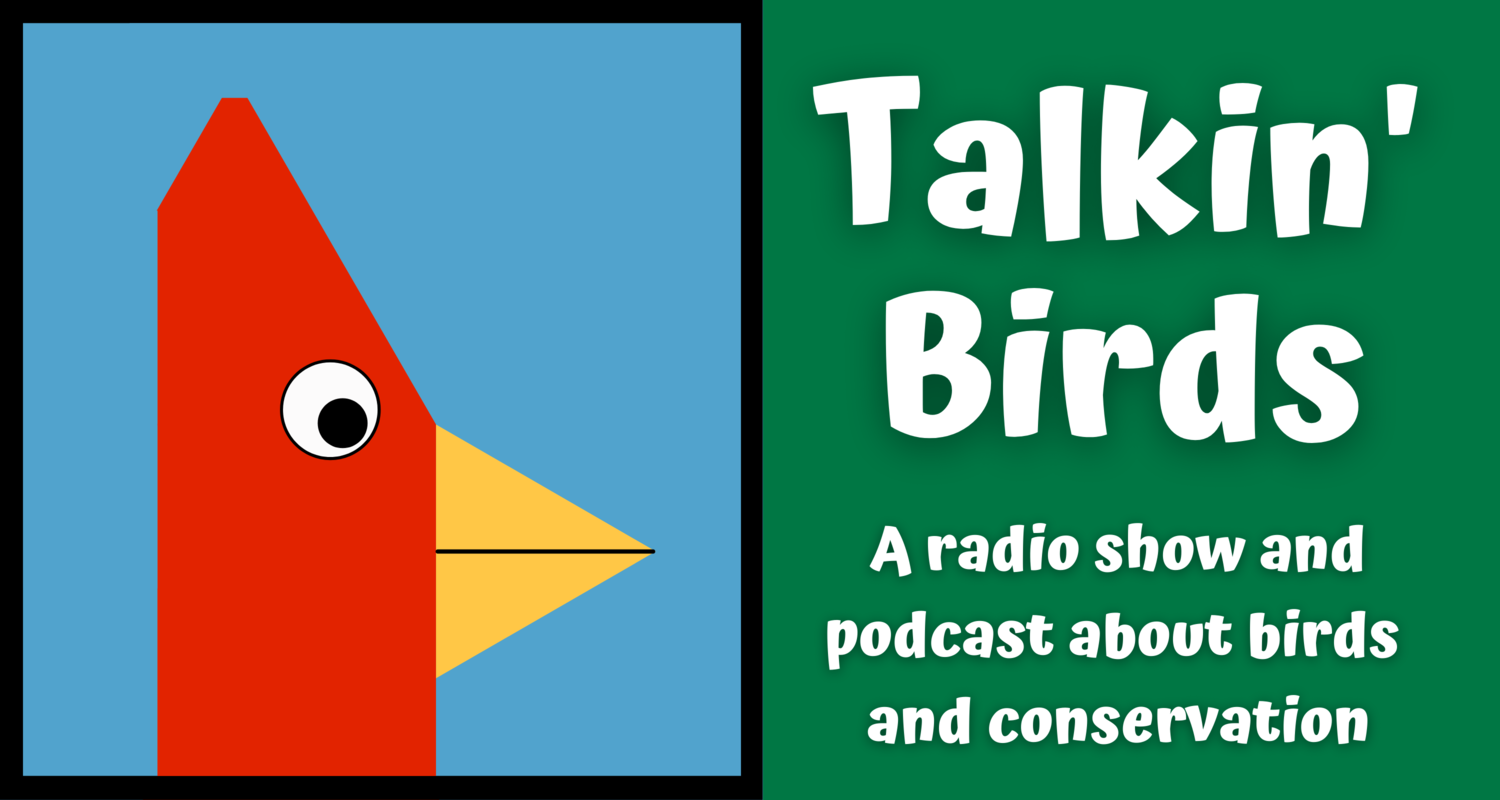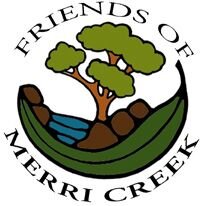What is “plirding”?
Inspired by “plogging” (picking up trash while jogging), “plirding” is picking up trash while birding. Picking up even a few pieces of trash can make a difference. Whether you’re an individual, a trip leader, a bird club member, a festival director, or a nature center employee, you can go plirding and inspire others to do the same.
What trash should I pick up?
These items are most harmful to birds and other wildlife. Look for them whenever you go plirding:
Monofilament fishing line (in fact, all fishing line). Monofilament is almost invisible, and all fishing line can get tangled around birds’ necks or wings. When you can, encourage people to dispose of unused fishing line in dedicated recycling bins.
Lead fishing tackle or bullets. Banned in a number of states, lead is toxic to birds that ingest it, as well as larger birds—like Bald Eagles and California Condors—that eat the creature that originally ingested it,
Balloons get washed into the ocean, where birds and turtles mistake them for food.
Plastic does not dissolve or biodegrade, and has been found in birds’ nests and stomachs all over the world.
Ray plirding with trash-grabbers in Marshfield, Massachusetts.
Debbie at Oxbow National Wildlife Refuge, Massachusetts, with a single-use grocery bag and trash-grabbers.
How do I go Plirding on my own?
For safety, we like wearing gloves or using trash-grabbers (long-handled grippers like Ray and Debbie are using above).
If you have used plastic grocery bags lying around, make sure you’re never without one. Keep spares in your car. Line your birding bag with one. Then empty your bag when you reach a trash can and reuse it.
Designate one pocket of your birding bag for trash, or carry a messenger bag or backpack just for trash.
On an “out and back” bird walk, look for birds on the way out and pick up trash on the way back.
When you bird with a buddy, use carabiners to clip a used plastic bag to your backpack. Have your buddy pick up trash and put it in your bag. Swap roles halfway through your walk. If you clip bags to both your backpacks, you can compete to see who picks up the most trash.
Clean up your local birding patch every time you go out. Local “Adopt-a-Trail” or “Adopt-a-Spot” programs can help you claim one. Over time, you might find less trash because you’ve been picking it up.
Some U.S. states sponsor clean-up programs. Our home state of Massachusetts has the Mass Litter Clean Up Crew via the Keep Massachusetts Beautiful program. What about your state?
Inspire others by posting photos of yourself plirding to your social media—using #plirding. You’re welcome to share one of our plirding infographics in your post.
Our man Mike O’Connor of The Birdwatchers’ General Store, plirding with a messenger-style bag. Read his column on plirding here.
Freya plirding in Kentucky, using one hand for trash and the other for binoculars.
I'm leading a bird walk. How do I incorporate plirding?
Ask your organization whether they’d be willing to purchase some trash grabbers (long-handled grippers) for walk leaders to use.
At the start of each walk, introduce your group to the idea of plirding. You might even call it a “treasure hunt” and ask people to let you know what weird items they find.
Ask a volunteer to carry a trash grabber or plastic bag for the whole group, or suggest that everyone take turns. Of course, whoever is carrying the item should put it down when they need to use their binoculars.
Finish the walk by inviting everyone to stick around to pick up trash.
Encourage participants to keep plirding whenever they’re outdoors.
To go plirding with a buddy, clip a bag to each backpack with carabiners.
In the photos: Sarah DeMaria and Basia Gawin, Mammoth Cave National Park, Kentucky.
How can my bird club go plirding?
Choose a spot and organize a cleanup, or regular cleanups. Bird clubs might be able to “adopt” an area through a local Keep America Beautiful affiliate.
Plan a big cleanup as part of large-scale events that already exist, such as Earth Day’s Great Global Clean Up, Keep America Beautiful’s Great American Clean Up, the Don’t Mess with Texas Trash Off , the Great Massachusetts Clean Up or Clean Up Australia Day.
To engage kids, ask families to volunteer to clean up the club’s chosen spot. They can rotate each week or month. Encourage them to invite friends.
Consider setting up a rewards system similar to the Junior Ranger programs at National Parks. Older kids could post a photo to their social media (using #plirding) to encourage their friends.
Showcase star plirders in your monthly newsletter, sharing one of our plirding infographics.
Coordinate cleanups with local scouting troops, school-based environment clubs, or houses of worship. Many of these organizations have service requirements for young adults (future Eagle Scouts, for example).
Put up flyers (feel free to use our plirding infographic) on the community notice board of your local outdoors store. Many of them support local stewardship activities including cleanups.
The results after a group plirding effort during a Merrimack Valley Bird Club walk at Retelle Reservation in Andover, Massachusetts. Photo: Donna Cooper, President of Merrimack Valley Bird Club and Talkin’ Birds Ambassador.
Plirding with a plastic-bag-lined backpack and gloves! Photo: Dave Gibson, blogger and friend of Talkin’ Birds, plirding in Virginia. Read more about Dave’s personal war on trash and its impact on wild places in his column for BirdWatching magazine.
How can we plird at my nature center?
Ask staff or members to bring in plastic grocery bags they have at home.
Set up a display near the check-in area that explains what plirding is (feel free to use our plirding infographics) and invite visitors to take a bag out with them for any trash they find.
Encourage bird walk leaders to encourage participants to go plirding. (See above for ideas for bird walk leaders.)
Add a plirding activity to your center’s children’s program or activity booklet. Include information about why trash is bad for the environment and encourage participants to continue to pick up trash whenever they are outdoors.
Hold a plirding event in honor of World Environment Day, Earth Day, or other themed day with prizes for the biggest bag of trash or the weirdest, heaviest, or most harmful item. Some states even have state-wide events such as the Texas Trash Off.
How do we incorporate plirding into a birding festival?
Encourage bird walk leaders to include plirding in their walks (see the ideas for bird walk leaders, above).
Include a free plirding event in the festival. Inviting the headliner bird guides to attend might entice other attendees.
Hold an annual competition at a nearby trash-prone area. Have teams compete against one another to see who can pick up the most trash—and then do better the following year. Photograph and celebrate this effort, and use #plirding on social media.
Include our plirding infographics or a link to this website on your website, encouraging attendees to go plirding during the festival and at home.
If you have any questions or ideas about plirding, please email Freya.
Proud Plirding Partners
These organizations encourage others to go plirding.
Check out their blog post about plirding!
Wild Care Cape Cod.
We are grateful for their guidance on trash items that most impact birds.
Our friends at BirdNote include plirding as one way to help bring birds back in your community.
Read our Mike O’Connor’s newspaper column about plirding!
Friends of Merri Creek and Merri Creek Management Committee, in Melbourne, Australia, partnered with us to co-host a webinar on plirding and birds of Merri Creek. Watch it here.
Merrimack Valley Bird Club, Massachusetts. Helped us trial different strategies for plirding on a group bird walk!
Beckham Bird Club, Kentucky. Read an article about plirding in their newsletter from August 2020 (page 6).















